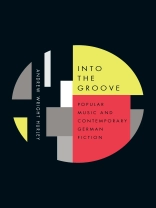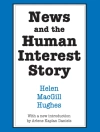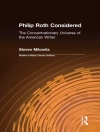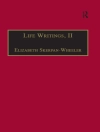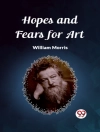A new and wide-ranging view of the confluence, since the 1990s, of the fields of contemporary literature and popular music in Germany.
In Germany the decade beginning in the mid-1990s brought an unprecedented ‘confusion of the spheres’ of literature and popular music. Popular musicians ‘crossed over’ into the literary field, editors and writers called for contemporary German literature to become more like popular music, writers attempted to borrow structural aspects from music or paid new attention to popular music at the thematic level. Others sought to raise their profiles by means of performance models taken from the popular music field. This book sets out to make sense of this situation. It argues for more inclusive and detailed attention to what it calls ‘musico-centric fiction, ‘ for which it discerns intellectual precursors going back to the 1960s and also identifies examples written since the turn of the millennium, after the would-be death of ‘pop literature.’ In doing so, it focuses on fiction and paratextual interventions by authors including Peter Handke, Rolf Dieter Brinkmann, Rainald Goetz, Andreas Neumeister, Thomas Meinecke, Matthias Politycki, Frank Goosen, Benjamin von Stuckrad-Barre, Thomas Brussig, Karen Duve, and Kerstin Grether.
Andrew Wright Hurley is Senior Lecturer in German and Cultural Studies at the University of Technology, Sydney, Australia.
Jadual kandungan
Acknowledgments
Introduction
Preludes and Returns: Popular Music, the ’68 Generation, and the Literarization of the Jukebox
Enter the Double Agent: The German Popular Musician as Novelist
Techno-Lit: Electronica and Its Impacts on Fiction
Analogue is Better: Rock- and Pop-centric Literature
After the GDR’s ‘Musical Niche Society’? Popular Music in the Literature of Thomas Brussig
The Gendering of Popular Music in the Novels of Karen Duve and Kerstin Grether
Conclusion: Out of the Groove?
Bibliography
Index
